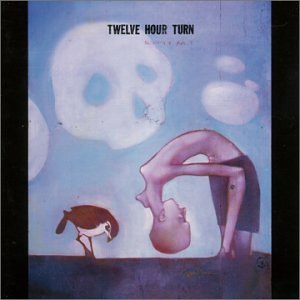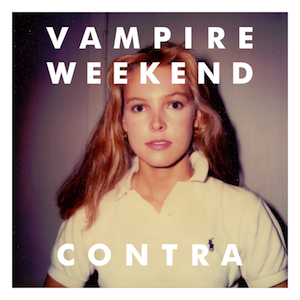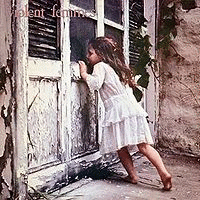
★★★★★ Tracks:
New SnakeSecond Story
For Want of a Real Whole
A Mouth of Suitable Size
Little One
Anyone who grew up in Florida in the mid-to-late 90's familiar with its underground music scene knows there was a huge post-hardcore movement. Bands like Strikeforce Diablo, I Hate Myself, Omega Man, Poison the Well, (early) Hot Water Music are all examples but The Victory of Flight by Twelve Hour Turn best represents the sub-genre I really dig, screamo. Yeah yeah, laugh it up. It has a ridiculous name, and being directly associated with emo has allowed it to be completely overlooked. But that doesn’t mean it’s inconsequential. While there are plenty of clear paths from influential 90’s rockers like Radiohead and Pavement to current-day indie rock, there are also a lot of great bands who took notes by listening to Fugazi. Instead of following in the footprints of the birth of pop by creating verse-chorus-verse songs using almost exclusively major chords, Fugazi was interested in gathering ideas from reggae and jazz while incorporating the punk rock sound of groups like Wire, Joy Division or Gang of Four; sonic tones that, to this day, are still ripe for exploring. And in creating these distorted, diminished, discord-like guitars and abrasively shouted vocals, a slew of new bands followed ready to push those sounds further. Enter Twelve Hour Turn.
Twelve Hour Turn’s first record is certainly not for everyone, and has probably never been heard by most anyone, but completely fucking phenomenal nonetheless. I’d go through the record’s highlights but there’s no point. If you like this kind of thing, the raw emotion in both singer’s voices as they scream their way through a half hour’s worth of blistering 2-minute long post-punk tracks, every song included is a highlight. The unconventional instrumentation is spectacular as well; two guitars (always separated by L/R speakers) staccato picking off key-notes, made-up chords and diminished key progressions, bass patterns that border on avant-garde, and effortless transitions between 4/4 and ¾ (waltz) timings. I’m not sure this is applied music theory or just four guys fucking around until they hit something that clicks, but what is obvious is Twelve Hour Turn was throwing the rock’n’roll rulebook out the window: This is a garage band created by guys who were tired of the same old garage bands.
2010 was another great year for music, but most of the stuff you'd find populating critics' "best of" lists borrows from the same sounds and chord progressions that have been recycled for the past 60 years. Creative, good hard rock has all but vanished. Rooted in the already polarizing genre of punk rock, Twelve Hour Turn’s brand is a bit too harsh for most, but there's still plenty to explore and experiment with here. Music tends to be cyclical, so here's hoping 2011 brings us a few bands willing to break the mold and rock the fuck out again.



















